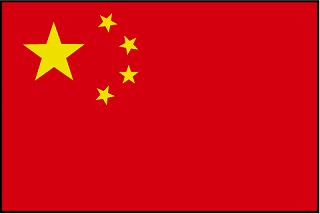 |
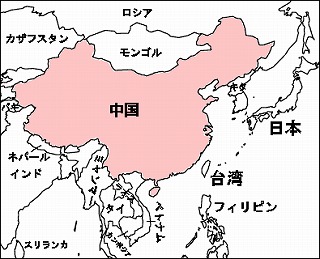 |
| The first homestay students were 2 Chinese. | |
| 最初のホームステイの学生は2人の中国人でした。 | |
| They stayed with us for 3 days. | |
| 彼らは3日間、私たちの家にホームステイしました。 | |
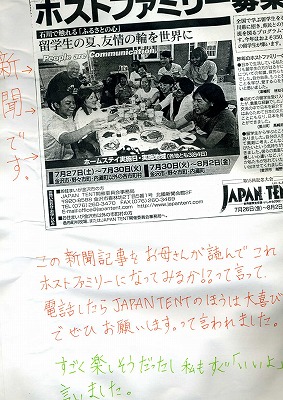 |
My daughter and I read an article "Hostfamily Wanted"in the newspaper. 娘と私は新聞で「ホストファミリー募集中」の 記事を読みました。 This program is JAPAN TENT. このプログラムはジャパンテントです。 ジャパンテント公式サイト |
| One was Mr.G and the other was Mr.K. | |
| 1人はGさんで、もう1人はKさんでした。 | |
| They were students of Japanese university, so they spoke Japanese fluently. |
|
| 彼らは日本の大学の学生でしたから、日本語がペラペラでした。 | |
fluently(フルーエントリィ) スラスラと 流暢に |
|
| After they arrived at our house, we ate watermelon together. |
|
| 彼らが私たちの家に到着後、一緒にスイカを食べました。 | |
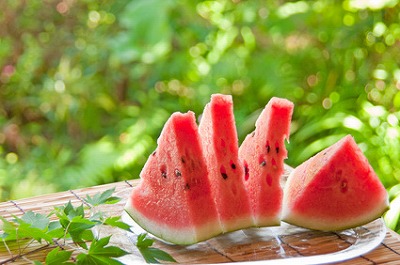 |
|
| Then, they had all the red part of watermelon. | |
| その時、彼らは西瓜の赤い所を全部食べました。 | |
| My third daughter saw it and said to me, "I was ashamed that I left red part." | |
| 私の三女はそれを見て言いました。「私は赤い所を残してしまって恥ずかしい。」 | |
| I think that most Japanese don't eat all of them now. |
|
| 私は今、ほとんどの日本人はきれいに赤い所全部を食べないと思います。 | |
| Well, we have many comics of Dragonball. | |
| さて、うちにはドラゴンボールの漫画がたくさんあります。 | |
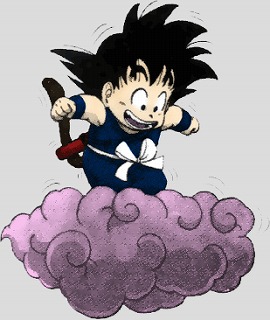 |
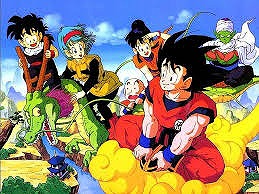 |
| All of my daughters loved them. | |
| 私の娘たちはみんなドラゴンボールが大好きだったんです。 | |
| Mr.K told us, "I read Dragonball in Chinese, but Dragonball in Japanese is much more interesting than in Chinese." |
|
| Kさんは言いました。「私は中国語でドラゴンボールを読みましたが、日本語の方がずっと面白いです。」 | |
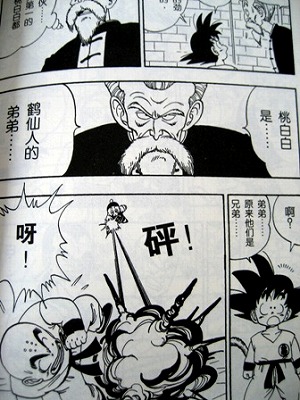 |
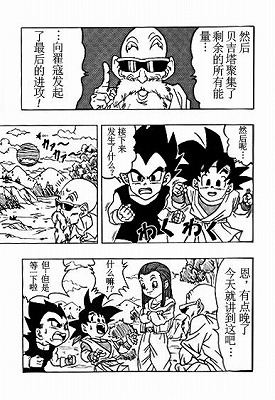 |
| After all, the original language is better, isn't it? | |
| やっぱり原語の方がいいんですよね? | |
| I asked them "what do you call your Father and Mother ?" |
|
| 私は彼らに「あなた方はお父さんとお母さんのことを何て呼びますか?」と尋ねました。 | |
| They answered, "We call them Papa and Mama" | |
| 彼らは「私たちは両親をパパとママと呼んでいます」と答えました。 | |
| I said, "In Japan, most kids also use Papa and Mama in Chinese." | |
| 私は「日本でも、ほとんどの子供たちが、中国語のパパとママを使っていますよ。」と言いました。 | |
| Japanese people often use a word of foreign origin, for example, Portuguese, English, German, Chinese and so on. |
|
| 日本人は外来語をよく使います、例えば、ポルトガル語や英語、ドイツ語、中国語などなど。 | |
| When I served them Tyawan-mushi at dinner, my daughter said, "Let's play a riddle game, shall we?" |
|
| 夕食で彼らに茶碗蒸しを出した時、娘が「なぞなそをしましょう。」と言いました。 | |
| Tyawan-mushi is a traditional Japanese dish made from egg, shrimp, shitake-mushroom, spinach, gingko nut, and so on. |
|
| 茶碗蒸しは日本の伝統的な料理で、卵、海老、椎茸、ほうれん草、銀杏などで作ります。 | |
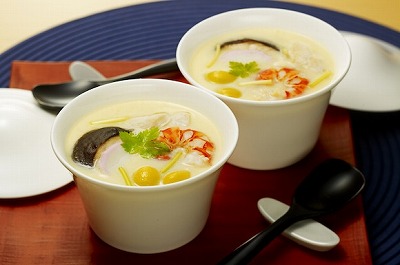 |
|
| "Mushi wa mushi demo taberareru mushi wa na〜ni ?" ー I'm sorry, I can't translate it. |
|
| 「むしはむしでも、食べられるむしはな〜に?」 ーすみません、これは翻訳できないんです。 |
|
| First they couldn't understand the joke. | |
| 最初、彼らはそのジョークを理解できませんでした。 | |
| Do you know why ? | |
| 何故だか、わかりますか? | |
| Because our custom are different depends on the country. | |
| なぜならば、私たちの習慣は国によって違うからです。 | |
| In Japan we don't have a custom of eating insect except a few places(Nagano Pref.), but in China they have a custom of eating them. |
|
| 日本では一部の場所(長野県など)を除いて、虫を食べる習慣はありませんが、中国ではその習慣があります。 | |
| For example, fried scorpion, ant sweets and so on. | |
| 例えば、さそりのから揚げやアリのお菓子などです。 | |
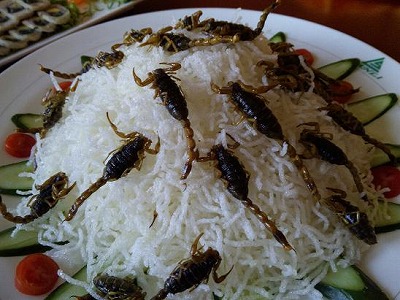 fried scorpion さそりのから揚げ |
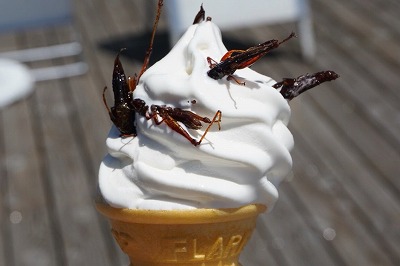 Softcream with Grasshoppers is sold in Nagano Pref.Japan いなごのトッピングソフトクリームは 長野県で売られています。 |
| Insect is rich in nutrition. | |
| 昆虫は栄養が豊富です。 | |
| You know, medicine and food are the same roots In China. | |
| ご存知のように、中国では医食同源です。 | |
| I think It's a great part of China policy. | |
| それは中国の偉大な考え方だと思います。 | |
| Tyawan means bowl , and Mushi means steamed food. | |
| ちゃわんは茶碗を意味し、むしは蒸したものを意味します。 | |
| They understood the joke after they heard my explanation. | |
| 私の説明を聞いた後、彼らはその冗談を理解してくれました。 | |
| Hostfamily has lots of interesting experiences. | |
| ホストファミリーはたくさんの面白い経験ができます。 | |
 |
|
| 2015年6月4日(木) | トップページへ戻る |